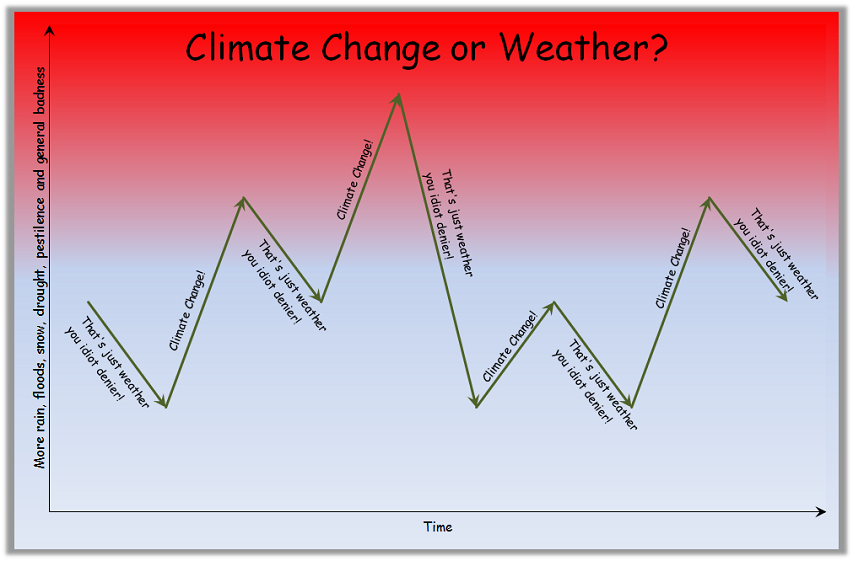Tim Worstall explains the economic implications for the various demands that we consume less in order to fight climate change:
A major contention from economists is that if we decide to fight global heating in the wrong manner then we’ll make ourselves poorer than we need be. A major contention from the same economists is that if we don’t fight global heating at all then we’ll make ourselves poorer than we need be. That being the economic point about all of this, we must fight global heating in the correct manner.
The correct manner not being vast plans by bureaucracies. Instead, change market prices with the one intervention – a crowbar into the system just the once with a carbon tax – and then let the economy itself chew through the implications of that.
Do note that the argument is not “poorer than we are now”, it’s poorer in the future than we need to be in that future.
And then we’ve got the varied Green, New Deal, unsoaped hippies and socialist idiots whose demand is rather different. They are insisting that we must be poorer, now, than we are, now. These people really do have to be told to bugger off:
A sustainable environment means consuming less, not differently.
The only useful measure of how rich you are is “What are you able to consume?” Insisting that you consume less is therefore insisting upon being poorer.
It’s also entirely wrong that consuming differently won’t make a difference. Because again those economists. The thing we consume is value. That’s also the thing that we produce. That Gross Domestic Product, GDP, that is so bewailed as a societal target is nothing but the value added in the economy. GNP is the value which accrues to the people in the economy. NNI is the net value that goes as income to those in the economy. And so on through the different possible combinations of net and gross, national and domestic, production and income.
They’re all measures of value added. Not of resources consumed at all. So, if we face resource constraints all we need to do is change the value we’re producing by using fewer of those scarce resources to do so. Then we can carry on consuming ever greater quantities of value that we’ve gone and created. This must obviously be so – we do quite obviously face resource constraints currently. All economic resources are scarce, that’s what makes them economic resources in the first place, their scarcity. We don’t actually have an economics of atmospheric nitrogen because it’s not scarce. We do have an economics of soil nitrogen because it is scarce. The conversion of one to the other comes at a price – many prices in fact. The conversion itself, the algal blooms from having done so and so on. But the doing also adds value – which is then what humans consume, the value added.
So, the idea that consuming differently won’t make a difference is dribble. Plus, the idea that we must all be poorer in order to sustain that environment is drivel. Simple observation tells us that places with poor people have worse environments than places with rich.




